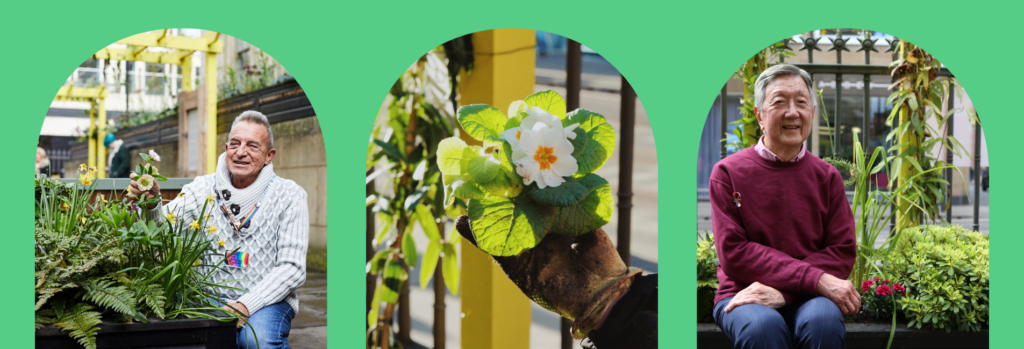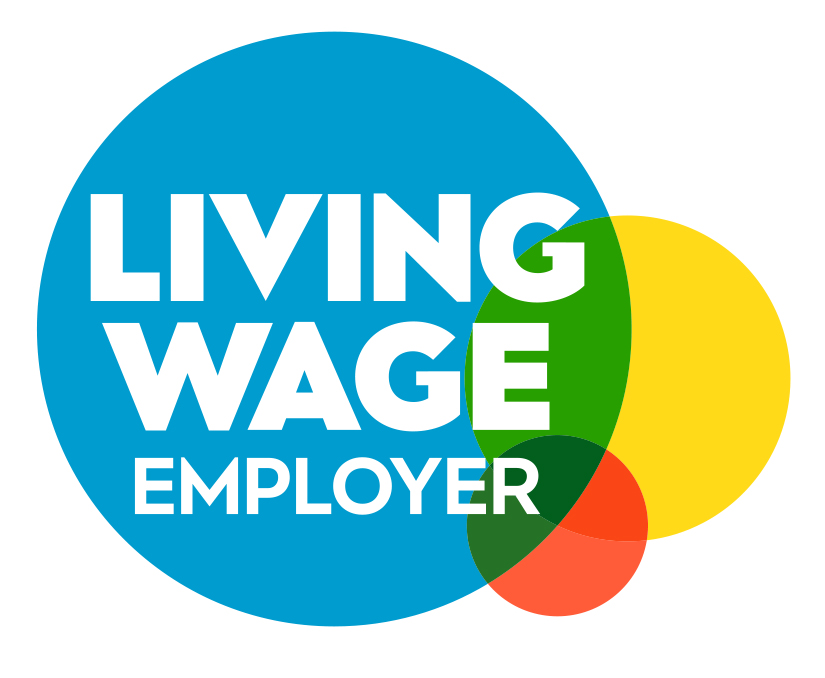
Our extra care housing scheme report
In April 2020, LGBT Foundation secured funding from Homes England for a year-long project to better understand the housing and support needs of LGBT people aged 55+ in Greater Manchester and involve them in strategic planning, including the country’s first purpose-built LGBT Extra Care Scheme.
To ensure that the voices of the communities were at the centre of the planning for the scheme, LGBT Foundation launched a survey asking people about their current finances, their housing situation, their care needs and their thoughts on what an LGBT Extra Care Scheme would look like.
This survey ran between 17th June and 2rd August and received 349 valid responses. It was primarily promoted via social media and email bulletins, but there was also an advert placed in Manchester Evening News to reach those who may not have internet access.
This report reveals the different experiences within LGBT communities and what LGBT people want from the Extra Care Scheme and other services in the city. It also reveals the overwhelming delight that the dream of LGBT-affirmative extra care housing may be soon a reality.
-
It is important to prove the need for any housing development and know the communities you aim to serve. National research can show the reason for the scheme, but local evidence will be needed to convince the most nervous partners to invest into housing projects. This intelligence can be gained from LGBT charities and community groups, who are trusted by their communities and have a good overview of the issues they face.
The main way we gained intelligence was through a survey and follow-up focus groups. The survey was based on a similar one carried out by Tonic, Opening Doors Lonodn and Stonewall Housing and it clearly showed the need for an LGBT-affirmative Extra Care Scheme: many people were concerned about accessing mainstream care in the future and had not planned for a future where they might need care and support.
The research also helped us to better understand what LGBT people would like an extra care scheme to look like. For example, some people wanted to own their home, some wanted to co-own and some wanted to rent. People were in a wide range of financial situations, demonstrating how important it is to have homes available at different price points.
Before carrying out a similar project it is essential to consult with the community to ensure you understand people’s preferences and can offer a range of options so as many people as possible feel that the scheme is for them. People from different community groups need to be consulted. As a result of a low survey uptake from some communities we hosted specific focus groups for people living with HIV, people of colour and trans and non-binary people to ensure that these insights could be gathered.
The survey and focus groups were carried out during the summer of 2020, during the Covid pandemic, which meant that we relied on a range of partners and outlets, such as Manchester Evening News, to promote the exercises. On review, the majority of respondents to the survey came through social media and no one responded by mail. In future we look forward to hosting more face-to-face engagement exercises and to target people who may not be online.
-
We are now only beginning to learn about the needs and life stories of older LGBT people, and more needs to be known about those who are very old. They have grown up in a different world with the experiences of criminality and shock treatment or electrical aversion therapy, for example. They are the first generation that exists where many are out and proud publicly and have fought for the rights that the LGBT communities benefit from today. Yet they face enormous ageism within their own community with a commercial, social and dating scene that is focused on youth, or where they do not feel an attachment to some sections (such as bear or leather groups) which are seen to be more inclusive of older people . More also needs to be learned about older people living with HIV, older LGBT people of colour, and older trans or non-binary people.
-
The flipside to Pride, fun and rainbow flags is the hate crime, murders and beatings that continue. There are reports of older LGBT people in care homes being prayed over for their deliverance. And while there is more training available for care staff it can take years to embed that knowledge, and homophobia, biphobia and transphobia remain because attitudes are hard to change.
-
For some people, the culture of silence around LGBT identities or heteronormative attitudes can be just as suppressing as open hatred. The level of isolation and the loss of sense of community as LGBT people grow older (with friends gone and an often-unwelcoming scene) is incredible. When people retire, they no longer have their work connections and if they have no family then they can become isolated so quickly. Social isolation has been shown to have the same negative health impact as smoking 15 cigarettes a day.
-
It has been assumed that one size will fit all when it comes to housing for older people, with no acceptance of diversity or difference. For older LGBT people in the UK, the only choice is general housing with its heteronormative culture and with people who may have prejudiced views. For many it is scary and leads to further isolation, with people going back into the closet and where partners are mis-identified as friends.
“people are going into institutions and not being their true selves…I can’t think of anything more cruel”
Older LGBT people are still asking “what will become of me?” Some are moving abroad to LGBT-specific accommodation because there is nothing specifically for them in the UK.
-
But there is growing optimism. There is more awareness and visibility now and more groups for older LGBT people to join. People want to talk about their lives and experiences. They want to celebrate their age. Older LGBT people should be able to look forward and make plans for the future “with our tribe or family”. The LGBT-affirmative Extra Care Scheme in Manchester will seek to do just that.








